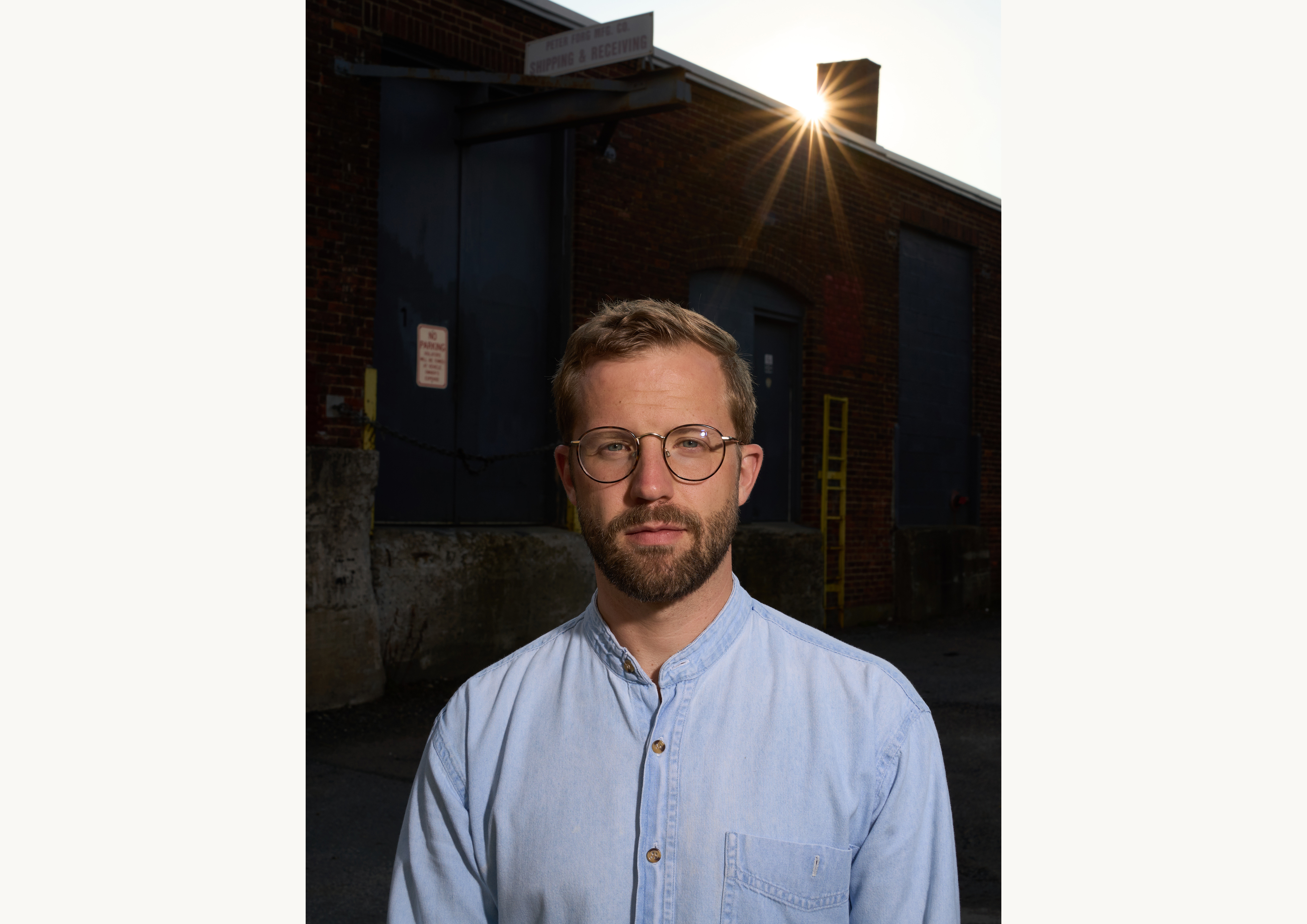
In_equality Research Award
The Cluster of Excellence "The Politics of Inequality" at the University of Konstanz presents In_equality Research Award 2024 to economist Simon Jäger in recognition of his exceptional research achievements and their social relevance. The award ceremony will take place on 10 April 2024 during the In_equality Conference at Bodenseeforum Konstanz.
The In_equality Research Award honours exceptional research achievements with a large social impact and significant contributions to improving social systems. The Cluster of Excellence "The Politics of Inequality" at the University of Konstanz presents the 2024 award to renowned economist Simon Jäger who studies the origins and consequences of inequality in the labour market as well as the influence of institutions on social and economic participation. His work combines experimental methods with the analysis of large data sets. In his research, Simon Jäger was able to show how psychological factors can cause poverty traps in the labour market.
Marius R. Busemeyer, speaker of the Cluster of Excellence and a member of the award committee, explains: "Our aim is to promote courageous research on inequality that simultaneously initiates social change processes. Our award winner, Simon Jäger, is committed to precisely this goal in his research and understanding of knowledge transfer".
Simon Jäger is a professor at the Massachusetts Institute of Technology (MIT), where he also holds the Silverman (1968) Career Development Chair. In addition, he is a research fellow at the National Bureau of Economic Research (NBER) and other leading research institutions. Since February 2024, he has been advising the Federal Ministry for Economic Affairs and Climate Action (BMWK) led by Robert Habeck. "I am very honoured to receive the In_equality Research Award", Jäger says. "It is especially important for me to translate my research findings into impulses for the public discourse". Danyal Bayaz, Minister of Finance in Baden-Württemberg, will give the welcoming address for the award ceremony. The In_equality Research Award is worth 20,000 euros and can be used to fund future research projects, particularly in collaboration with the Cluster of Excellence "The Politics of Inequality".
The In_equality Conference
The award ceremony will take place at the opening ceremony for the In_equality Conference 2024 on 10 April 2024. Around 300 (inter)national researchers will attend the conference, which the Cluster of Excellence is hosting for the second time at the Bodenseeforum Konstanz. The programme includes 27 interdisciplinary panels focusing on topics like gender, ethnicity, wealth and education inequality, language, and questions involving the welfare state and climate change. In addition to the panels, there will be roundtables on knowledge transfer, open science and the Global South as well as impulses from collaboration partners, the foundation "Bertelsmann Stiftung", the German Institute for Economic Research (DIW) and the Hans-Böckler-Foundation’s Institute of Economic and Social Research (WSI).
Key facts
- Labour market researcher Simon Jäger (MIT) wins the 2024 In_equality Research Award. The award is presented by the Cluster of Excellence "The Politics of Inequality" at the University of Konstanz.
- Simon Jäger receives the prize for his extraordinary contribution to inequality research as well as his commitment to knowledge transfer. The prize, worth 20,000 euros, can be used to fund future research projects.
- The award ceremony will take place at the opening ceremony for the In_equality Conference 2024 at the Bodenseeforum in Konstanz.
- The Cluster of Excellence "The Politics of Inequality" at the University of Konstanz researches the political causes and consequences of inequality from an interdisciplinary perspective. The research is dedicated to some of the most pressing issues of our time: access to and distribution of (economic) resources, the global rise of populists, climate change and unfairly distributed educational opportunities.
